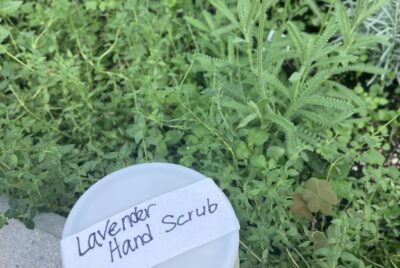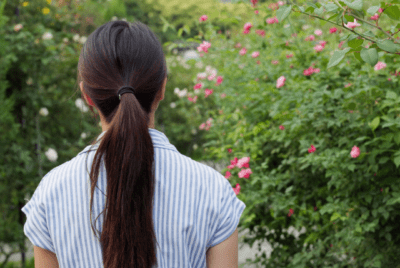RESEARCH
Community Gardening in a Senior Center: A Therapeutic Intervention to Improve the Health of Older Adults
Summary
This pilot study explored whether a community garden at a senior center could improve the health of older adults who lived independently. The researchers wanted to see if gardening had any effect on their physical fitness, how well they could do daily activities, and their mood. Six seniors participated in the garden project, and the researchers measured these things before and after the gardening program. They found a general trend toward improvement. Notably, participants reported being able to participate in social activities better, had improved emotional scores, were less depressed, and could walk further in six minutes, suggesting they were physically fitter.
The study suggests that having a community garden at a senior center is a great way for older adults to get exercise, improve their health, and connect with others. Since many older adults don’t get enough physical activity, gardening can be a fun and accessible way to stay active. The researchers propose that health professionals, especially recreational therapists, should work with local organizations to create these kinds of gardening programs for older adults.







